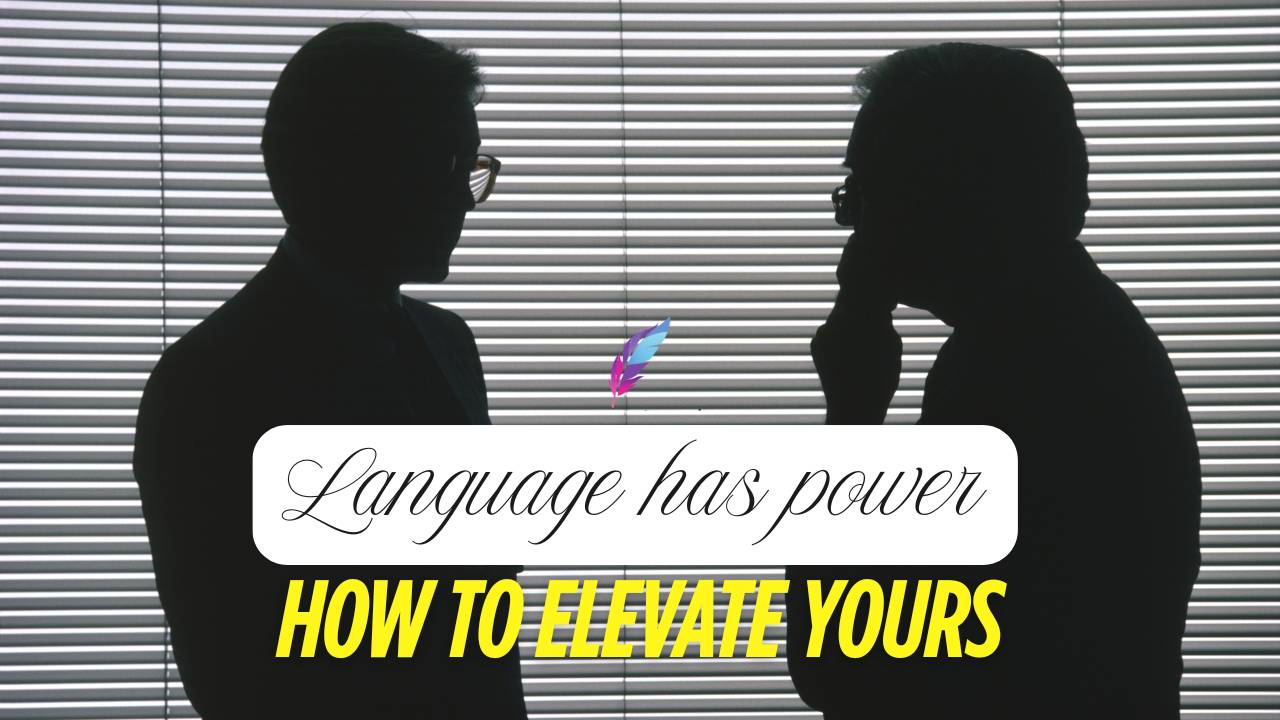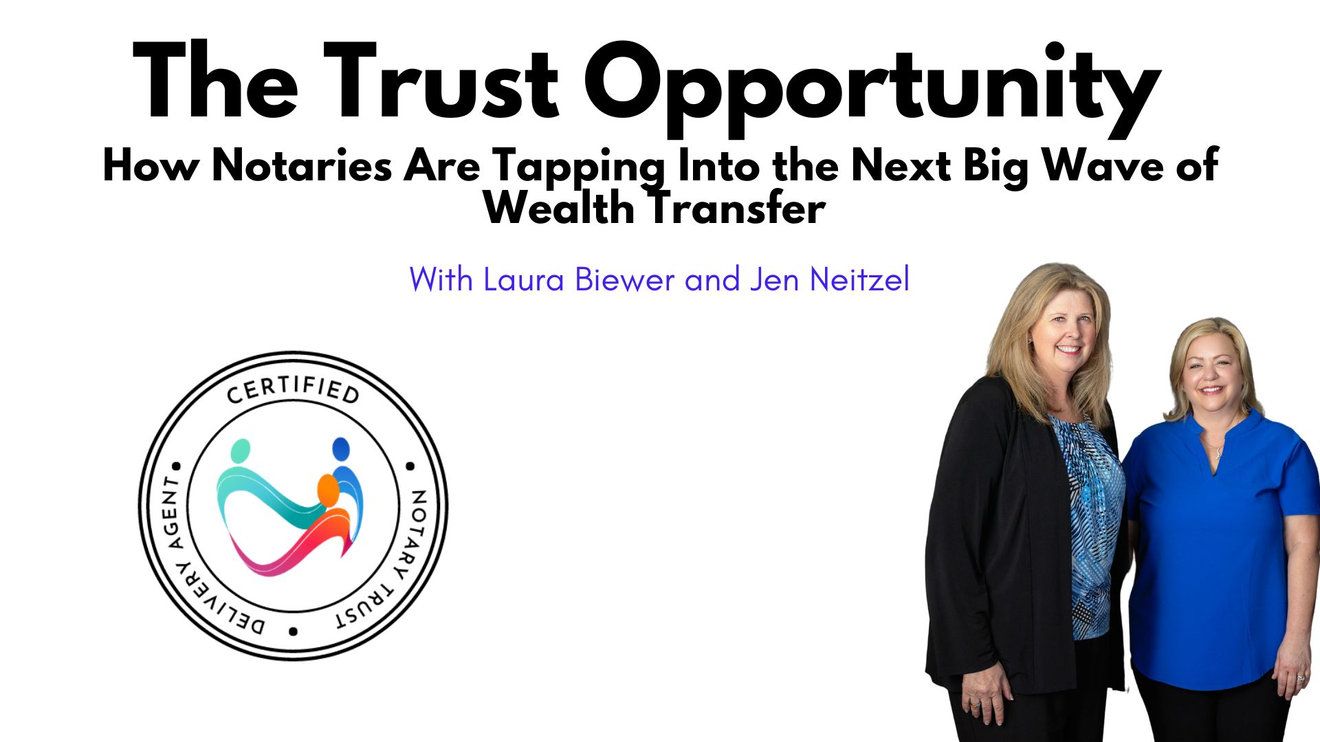Language has power - how to elevate yours

Why “No Worries” Isn’t the Best Response to “Thank You” — And What to Say Instead
In everyday conversations—whether with clients, colleagues, or friends—we often hear and say “thank you.” It’s a small phrase packed with appreciation, recognition, and often, genuine warmth. But how we respond to that gratitude can either build connection… or subtly dismiss it.
One increasingly common response is “no worries.” It sounds casual, friendly, even harmless. But let’s take a moment to think about what it really communicates—and why there might be a better way to respond, especially in professional settings.
“No Worries” Minimizes the Moment
When someone says “thank you,” they’re expressing appreciation for your time, effort, support, or kindness. Whether you notarized a document at the last minute, stayed late to help with a project, or just showed up when it mattered, that “thank you” is their way of acknowledging your value.
Responding with “no worries” can inadvertently downplay that appreciation. It implies, “It wasn’t a big deal,” or worse, “It could have been a problem, but I’ll let it slide.” While that may not be your intention, the phrase frames your service as something that might have been burdensome, even if it wasn’t.
The Power of a Gracious Response
Now, contrast “no worries” with responses like:
-
“My pleasure.”
-
“I am happy to do it!”
-
“Glad I could help.”
-
“It means a lot to hear that—thank you.”
These replies honor the gratitude being offered. They turn a quick transactional exchange into a moment of connection. They create a pause that acknowledges: We were in this together. You saw me. I see you.
This is particularly powerful in business relationships. A gracious reply builds goodwill, deepens trust, and reinforces that you enjoy being of service. It creates a tone of warmth and professionalism that’s remembered long after the task is complete.
In Personal Relationships Too…
Even among friends or family, “no worries” can feel dismissive—especially when the person saying thank you is being vulnerable or trying to express heartfelt appreciation. Saying “Of course!” or “Anytime—I’m happy to do it” lets your loved one feel heard and valued.
A Simple Shift That Builds Connection
Language matters. The words we choose shape the tone of our relationships. By replacing “no worries” with a more thoughtful, affirming response, you open the door to deeper rapport, whether it’s with a client, a coworker, or a close friend.
So the next time someone says “thank you,” take a moment to receive it. Let them feel the full weight of their gratitude landing. Then respond in a way that reflects the care you bring to your work, your friendships, and your presence.
Because in a world that’s often rushed and impersonal, that extra moment of acknowledgment might be exactly what someone needed to feel seen.
Laura



